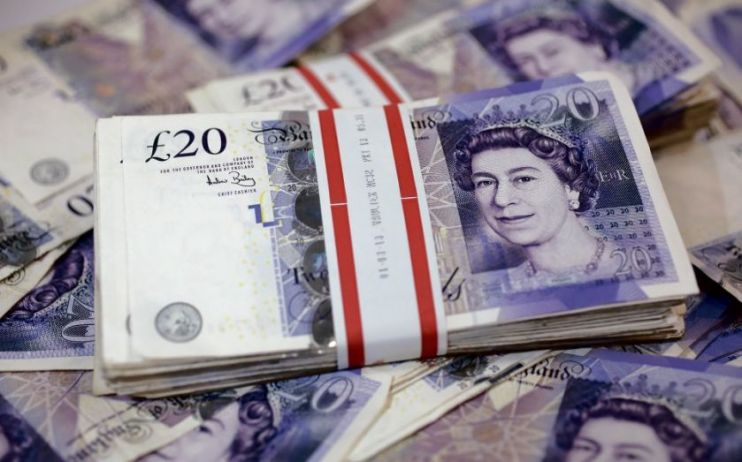Fraud crackdown saves £400m for public purse, enough for 130k people’s healthcare

The government’s fraud-fighting efforts have saved more than £400m, enough to cover 130,000 people’s healthcare.
New figures released by the cabinet office show the cash was kept in the coffers thanks to new state-of-the-art data matching technology.
The fraud clampdown comes after Chancellor Jeremy Hunt announced in the Autumn statement, the UK would set aside almost £80m to tackle fraud.
HMRC would get £48m to fight serious fraud while an additional £280m would go to the Department for Work and Pensions to tackle it in the benefits system.
The reported £400m saved by renewed efforts by the National Fraud Initiative brings the total counter-fraud savings to £2.4bn.
New numbers from the cabinet office show that about 42,000 disabled blue badges were being used, while nearly a quarter of a million discounted travel cards for those who didn’t qualify, had been blocked.
It also showed 7,000 people had been on waiting lists for social housing despite not being eligible, freeing up those who need it most.
Chief secretary to the Treasury John Glen said the “government is coming down hard on fraudsters, using cutting edge data to track them and recover public money.”
We’re boosting that work with an extra £280 million to tackle benefit fraud and £79 million to tackle tax fraud. No one is above the law.”
Interim CEO of the Public Sector Fraud Authority, Mark Cheeseman, said: “Every day, people are attacking taxpayer funded services for their own gain. The Public Sector Fraud Authority, where the National Fraud Initiative is now based, is part of a wider investment across government to rise to this challenge.”
In a difficult context, these latest results are still the best since the National Fraud Initiative started in 1996 – stopping more fraud than at any other point in its history and protecting public money and public services. This achievement is a testament to the work of public servants across the United Kingdom, including Local Authorities and NHS Trusts, who are striving to find and stop fraud.”
